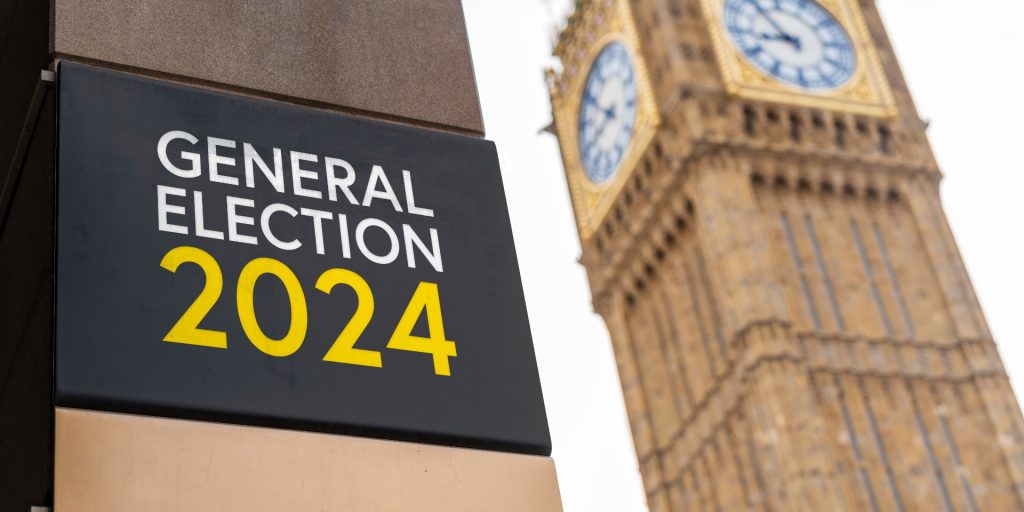Has the Conservatives’ 14-year rule come to an end?
Others are reading now
Today, the polls have opened, and the UK is voting to elect a new House of Commons.
The Labour Party is predicted to secure its first victory since 2010.
Labour Party leader Keir Starmer is set to become the next prime minister, with opinion polls indicating a landslide victory over Prime Minister Rishi Sunak’s Conservatives.
Labour’s Lead and Sunak’s Struggles
Labour is about 20 percentage points ahead of the Conservatives in opinion polls, as reported by Reuters.
Also read
The Reform UK party, led by Nigel Farage, is also competing and could take votes from the Conservatives.
Prime Minister Sunak, who called the election earlier than expected, has shifted his campaign message. Instead of aiming for another Conservative win, he warns about the risks of Labour having too much power. He claims that a Labour government would raise taxes, hurt economic recovery, and weaken Britain.
“They will do lasting damage to our country and our economy – just like they did the last time they were in power,” Sunak said. “Don’t let that happen.”
Public Wants Change
Many voters seem to want change rather than strongly supporting Labour.
And Starmer has promised a new start for Britain.
“We cannot afford five more years under the Conservatives. But change will only happen if you vote Labour,” he told voters.
The Conservative Party has had a tough few years, with internal fights and changes in leadership. The cost of living crisis, worsened by COVID-19 and Russia’s invasion of Ukraine, has hurt their support.
Despite Sunak’s efforts to improve the economy and manage Brexit, polls have not improved.
Sunak’s campaign has also had problems, including leaving a D-Day event early and accusations of election gambling among his aides.
Nigel Farage and the Liberal Democrats are also making it harder for the Conservatives.
Challenges for Labour
If Starmer wins, he will face many challenges.
His campaign promises change, but the country has economic problems. Taxes are high, and national debt is large. Starmer has said that fixing these issues will take time and has sought international investment to help.
Voting is from 7 a.m. to 10 p.m. (0600-2100 GMT) on Thursday. An exit poll at 10 p.m. will give the first sign of the results, with detailed outcomes expected early on Friday.


